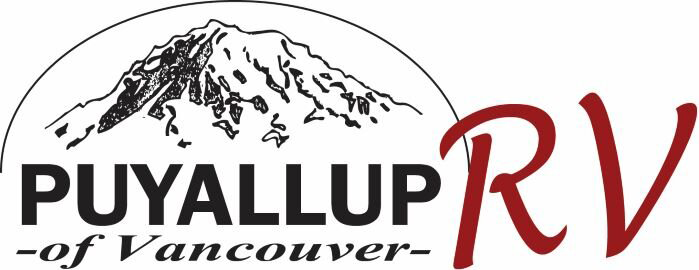RV Types and Classes Explained: Find Your Perfect Family Adventure in the Pacific Northwest
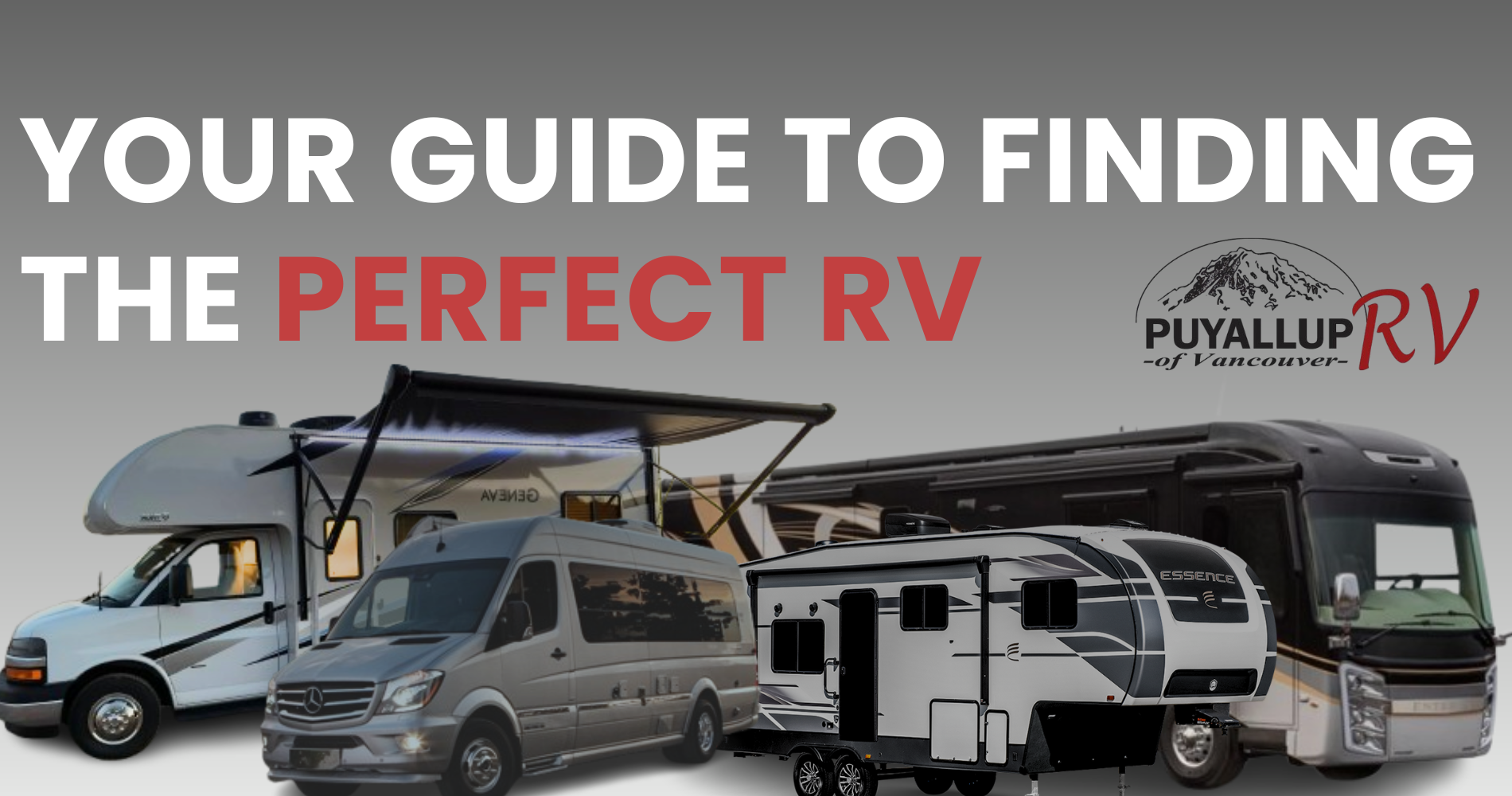
The Pacific Northwest, with its stunning landscapes ranging from rugged coastlines and dense rainforests to majestic mountains and serene lakes, offers an unparalleled backdrop for family adventures. For those seeking to immerse themselves in this natural beauty without sacrificing comfort and convenience, recreational vehicle (RV) travel and glamping present exceptional alternatives to traditional tent camping. These options provide families with the freedom to explore the region at their own pace, creating lasting memories in a home away from home. Puyallup RV of Vancouver, a small family-owned business located in the heart of the Pacific Northwest with two stores, plays a pivotal role in facilitating these adventures. With the largest inventory of used RVs in the PNW and a commitment to honesty and integrity, their company motto, "Great Family Memories Start Here" encapsulates their dedication to helping families embark on unforgettable journeys.
Understanding the Spectrum of Recreational Vehicles
The world of RVs offers a diverse range of options, each catering to different travel styles, family sizes, and budgets. Among the most popular are Class A, Class B, and Class C motorhomes, each distinguished by its size, construction, and unique set of features.
Class A RVs: The Home on Wheels
Often considered the pinnacle of RV luxury and space, Class A motorhomes are the largest type of motorized RV available. Built on a robust chassis, similar to those used for commercial buses or large trucks, these RVs typically range from 26 to 45 feet in length. This substantial foundation allows for expansive living spaces and a multitude of residential-style amenities. Inside a Class A, families can expect to find fully equipped kitchens featuring residential-sized refrigerators, ovens, stoves, and microwaves. Bathrooms often include separate showers, and in some luxurious models, even bathtubs can be found. Spacious living areas provide comfortable lounging, and sleeping arrangements typically include queen or king-sized beds in private bedrooms, along with convertible sofas or additional sleeping bunks, often accommodating six or more people. Entertainment systems are common, and ample storage is available throughout, often including large exterior compartments and interior closets and pantries. Many Class A RVs also feature multiple slide-outs, which extend the living area when parked, creating an even more spacious environment. For extended trips or full-time living, some models even come equipped with the added convenience of washers and dryers, dishwashers, and cozy fireplaces. Due to their size and comprehensive amenities, Class A RVs are ideally suited for large families, retirees, or anyone seeking maximum comfort and space for long-term travel. Often, owners of Class A RVs choose to tow a smaller vehicle behind for greater convenience when exploring their destination.
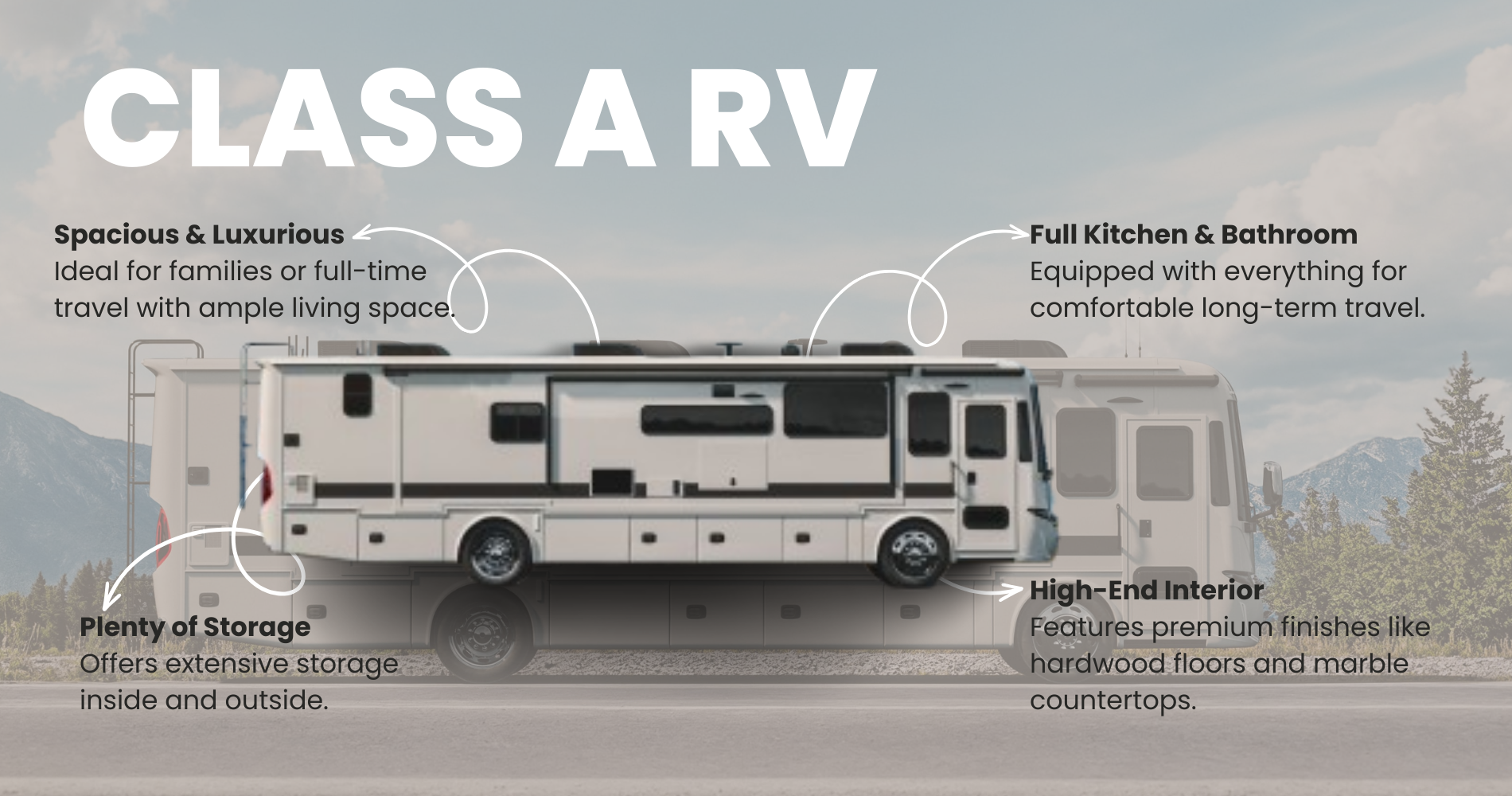
Many Class A motorhomes are available with diesel engines, which offer several advantages over gasoline engines. Diesel engines are known for their fuel efficiency, longer lifespan, and greater torque, making them ideal for towing and long-distance travel. While diesel Class A RVs may have a higher upfront cost, they can provide significant savings over time due to their better fuel economy and durability. Additionally, diesel engines are often preferred for their quiet operation and lower maintenance requirements, making them a popular choice for those seeking power and efficiency on extended trips.
Class B RVs (Camper Vans): Compact and Capable
In contrast to their larger counterparts, Class B RVs, also known as camper vans or conversion vans, are the smallest type of motorized RVs, typically built on an automotive van chassis. These compact RVs generally range from about 18 to 24 feet in length. Despite their smaller size, Class B RVs are ingeniously designed to maximize living space and often include a kitchenette with a sink, refrigerator, and stove, a small bathroom which frequently features a "wet bath" design where the toilet and shower share the same space, a sleeping area that often converts from a seating or dining area, and limited storage compartments. To further optimize space, some Class B models may also feature a pop-top roof, which provides additional sleeping quarters. Class B RVs are particularly well-suited for solo travelers, couples, and small families who prioritize ease of driving and parking, as well as better fuel efficiency for their travels. Their compact size allows them to navigate city streets and access more remote campsites that larger RVs cannot reach, and in many cases, they can even be used as a primary driving vehicle.
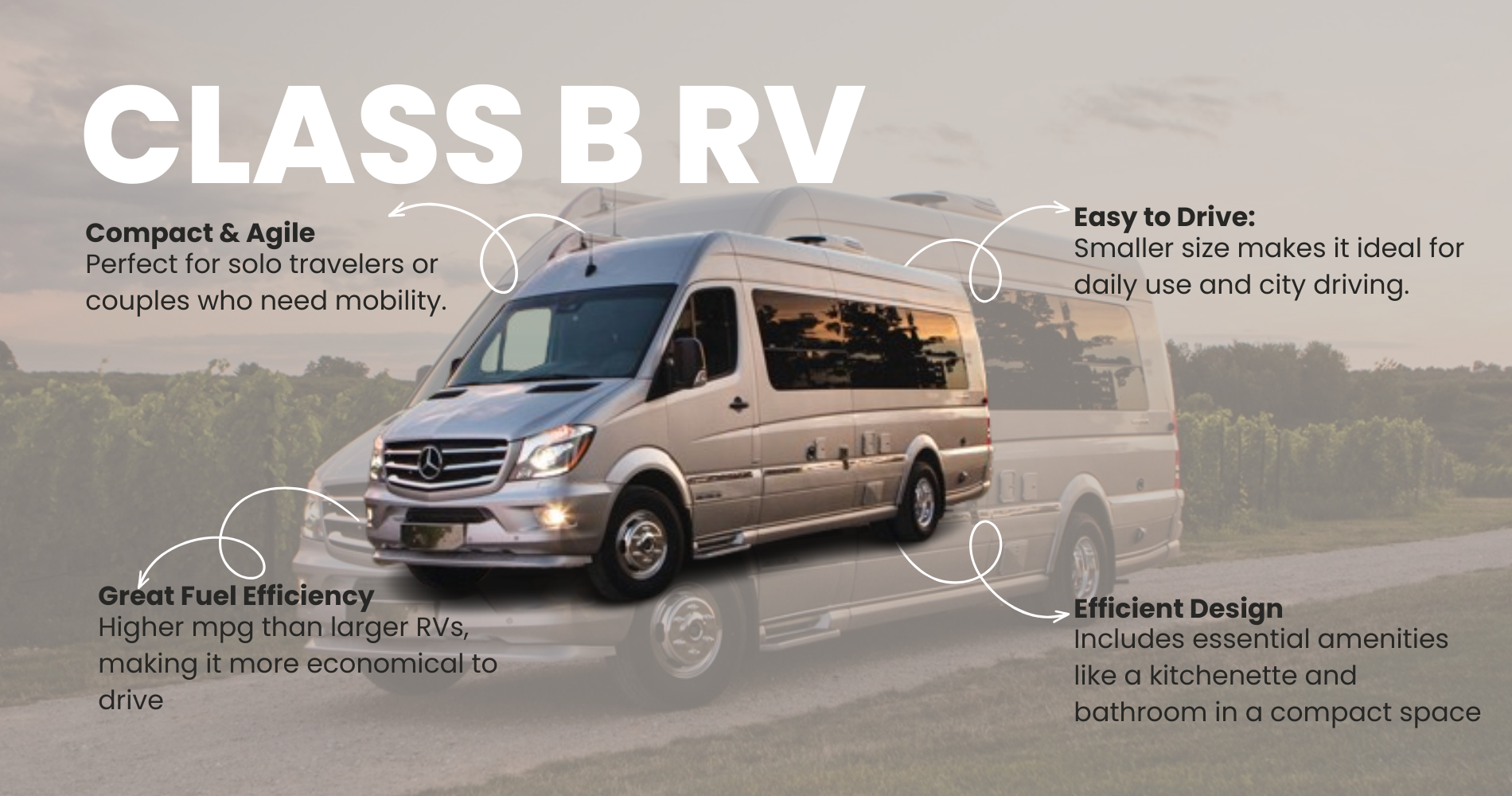 Class C RVs: The Balanced Option
Class C RVs: The Balanced Option
Bridging the gap between the expansive Class A and the compact Class B, Class C RVs offer a balanced approach to size, amenities, and drivability. These mid-sized motorhomes are built on a cutaway van or truck chassis, featuring a distinct over-cab area that is often used for sleeping or additional storage. Class C RVs typically range in length from 20 to 32 feet and can comfortably sleep four to eight people. They generally include a full kitchen with a refrigerator, stove, oven, and microwave, a complete bathroom with a toilet, sink, and shower, multiple sleeping areas including the over-cab bunk and often a queen-size bed in a rear bedroom, and at least one slide-out to expand the living space. Class C RVs are a popular choice for families who desire more living space than a camper van offers but prefer better maneuverability and a more accessible price point compared to a Class A motorhome. They are well-suited for both short getaways and longer family vacations, and many models have the capability to tow a smaller vehicle for added convenience at the destination. The driving experience in a Class C RV is often described as being similar to driving a large van or truck, making the transition easier for many drivers.
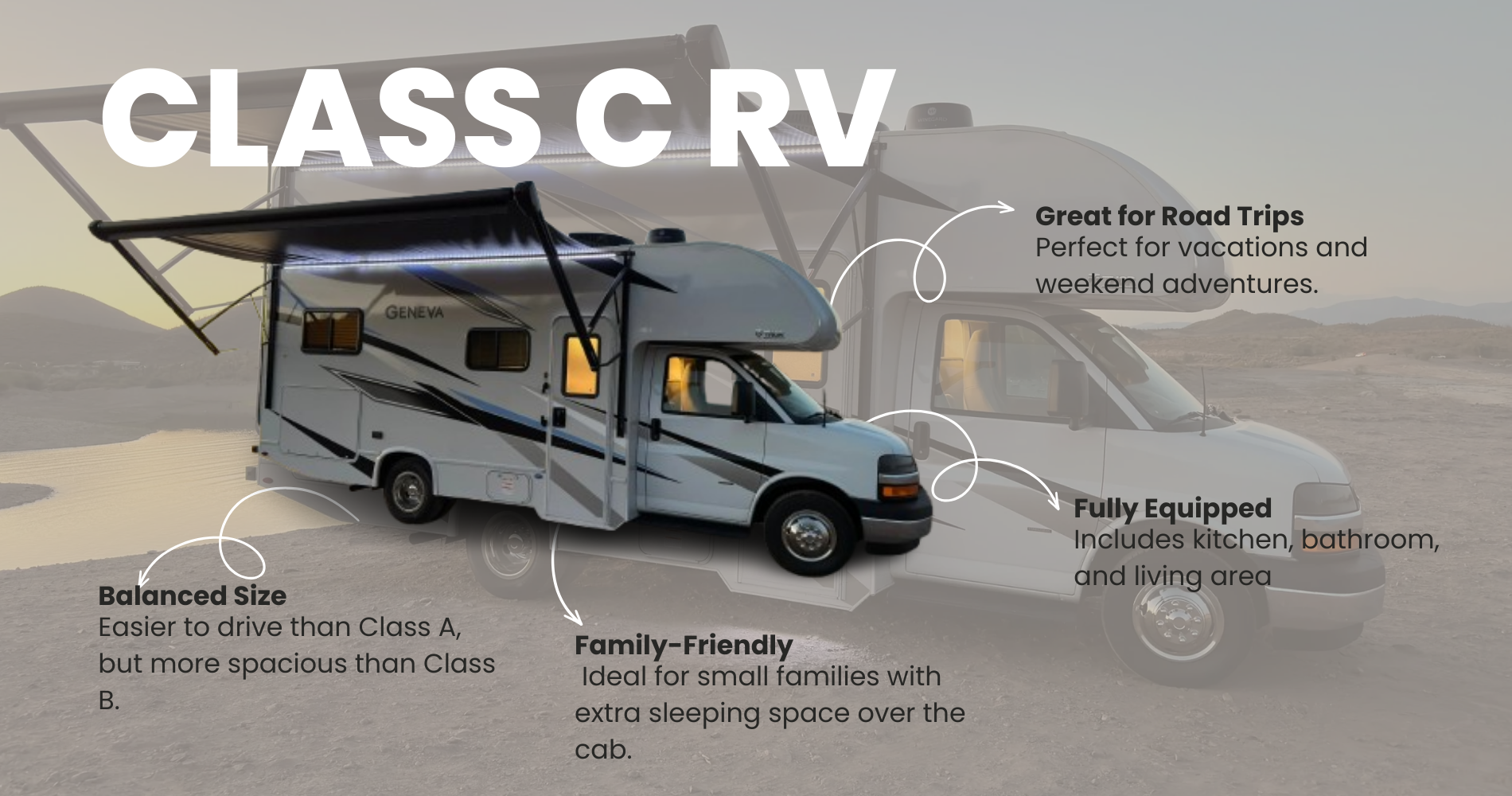
Beyond Motorhomes: Travel Trailers and 5th Wheels
While Class A, B, and C RVs are motorized units, travel trailers and fifth wheels offer alternative, towable options that can also be excellent choices for families. These non-motorized RVs are designed to be towed behind a truck or SUV and come in a wide variety of sizes and floor plans, often providing significant living space and amenities at a potentially lower price point than motorized RVs. They are particularly appealing to families who already own a vehicle with sufficient towing capacity and appreciate the flexibility of being able to detach their living quarters at the campsite and use their tow vehicle for local excursions.
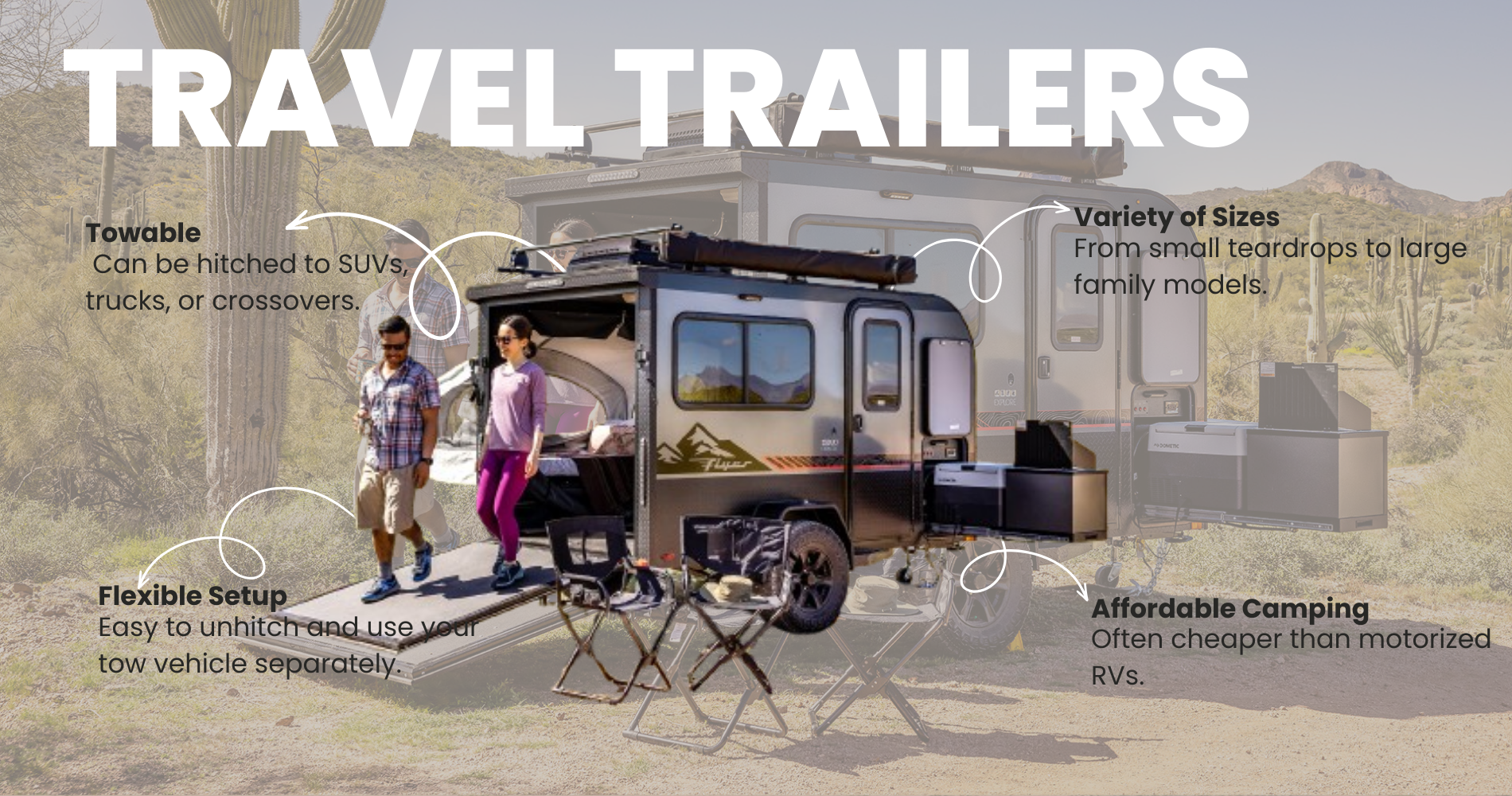
The Joy of the Journey: Benefits of Owning Each RV Class
Owning an RV offers a unique sense of freedom and the opportunity to create unforgettable family adventures. Each class of RV provides distinct benefits that cater to different needs and preferences.
Class A Benefits
For families embarking on long journeys or those who desire a truly home-like experience on the road, Class A RVs offer unparalleled comfort and luxury. The sheer amount of space available easily accommodates larger families, providing separate living and sleeping areas, multiple bathrooms in some models, and ample room for everyone to relax. The residential-style amenities, including full-sized kitchens and comfortable furnishings, ensure that families can maintain their routines and enjoy the conveniences they are accustomed to. Moreover, the substantial storage capacity allows families to bring along all the necessary gear and personal belongings for extended trips. For some, the comfort and self-sufficiency offered by Class A RVs make them ideal for full-time living, providing a true "home on wheels". The ability to access all amenities, including bathrooms and kitchens, while traveling is a significant convenience, especially for families with young children or those needing frequent stops.
Class B Benefits
For families who prioritize agility, economy, and the freedom to explore a wide range of destinations, Class B RVs offer a compelling set of benefits. Their smaller size makes them exceptionally easy to drive and park, even in urban areas or at campgrounds with limited space. This maneuverability allows families to access a broader spectrum of destinations, including national and state parks that often have size restrictions for larger RVs. Furthermore, Class B RVs generally offer better fuel economy compared to larger motorhomes, making them a more budget-friendly option for families who value frequent travel and want to keep their operational costs down. For families new to RVing, the driving experience in a Class B RV is often less intimidating as it feels similar to driving a large van.
Class C Benefits
Class C RVs strike an appealing balance for families, offering a comfortable amount of living space and a good range of amenities while maintaining manageable driving characteristics and a more accessible price point than Class A motorhomes. The family-friendly floor plans often include dedicated sleeping areas, such as a rear queen bed and the popular over-cab bunk, providing comfortable accommodations for four to eight people. The driving experience is generally considered more familiar and less daunting than piloting a large Class A, often compared to driving a large van or truck. Class C RVs are versatile and well-suited for both weekend getaways and longer family vacations. For families who may want to bring along a small boat or car for exploring, many Class C models also offer a decent towing capacity. The automotive-style dash in many Class C RVs can also make the driving experience feel more comfortable and familiar.
Fun Without the Fuss: Exploring Alternatives to Tent Camping in the Pacific Northwest
For families eager to experience the wonders of the Pacific Northwest without the setup and potential discomfort of traditional tent camping, RV travel and glamping offer exceptional alternatives.
RVs: Your Mobile Family Suite
Regardless of the class, RVs provide a significant upgrade from tent camping, transforming outdoor adventures into comfortable and convenient experiences. Offering protection from the unpredictable Pacific Northwest weather, RVs feature comfortable beds for restful nights, private bathrooms for added convenience, and fully equipped cooking facilities, allowing families to prepare their own meals. This self-contained nature provides greater independence and flexibility in travel plans, making year-round exploration of the region a comfortable possibility.
Glamping: Where Comfort Meets Nature
For a truly luxurious and unique outdoor experience, glamping in the Pacific Northwest presents an enticing option. Combining the immersive beauty of nature with high-end amenities, glamping accommodations range from comfortable yurts and rustic cabins to stylish safari tents and whimsical treehouses. Throughout the Pacific Northwest, families can find exceptional glamping destinations. Near Seattle, options include unique domes in Duvall, cozy cottages on Lummi Island, and treehouses in Snohomish. Around Portland, families might enjoy riverfront glamping in Kalama, WA, or a glamping getaway with gorge views in The Dalles. Near Tacoma, options range from treehouses in Goldendale to safari tents in Lilliwaup. Even in Beaverton, families can find glamping opportunities at nearby ranches. Amenities at glamping sites often include comfortable beds with plush linens, private bathrooms with running water, and unique lodging structures that enhance the outdoor experience. Many glamping locations are also family-friendly, offering activities and spaces designed for children to enjoy the natural surroundings.
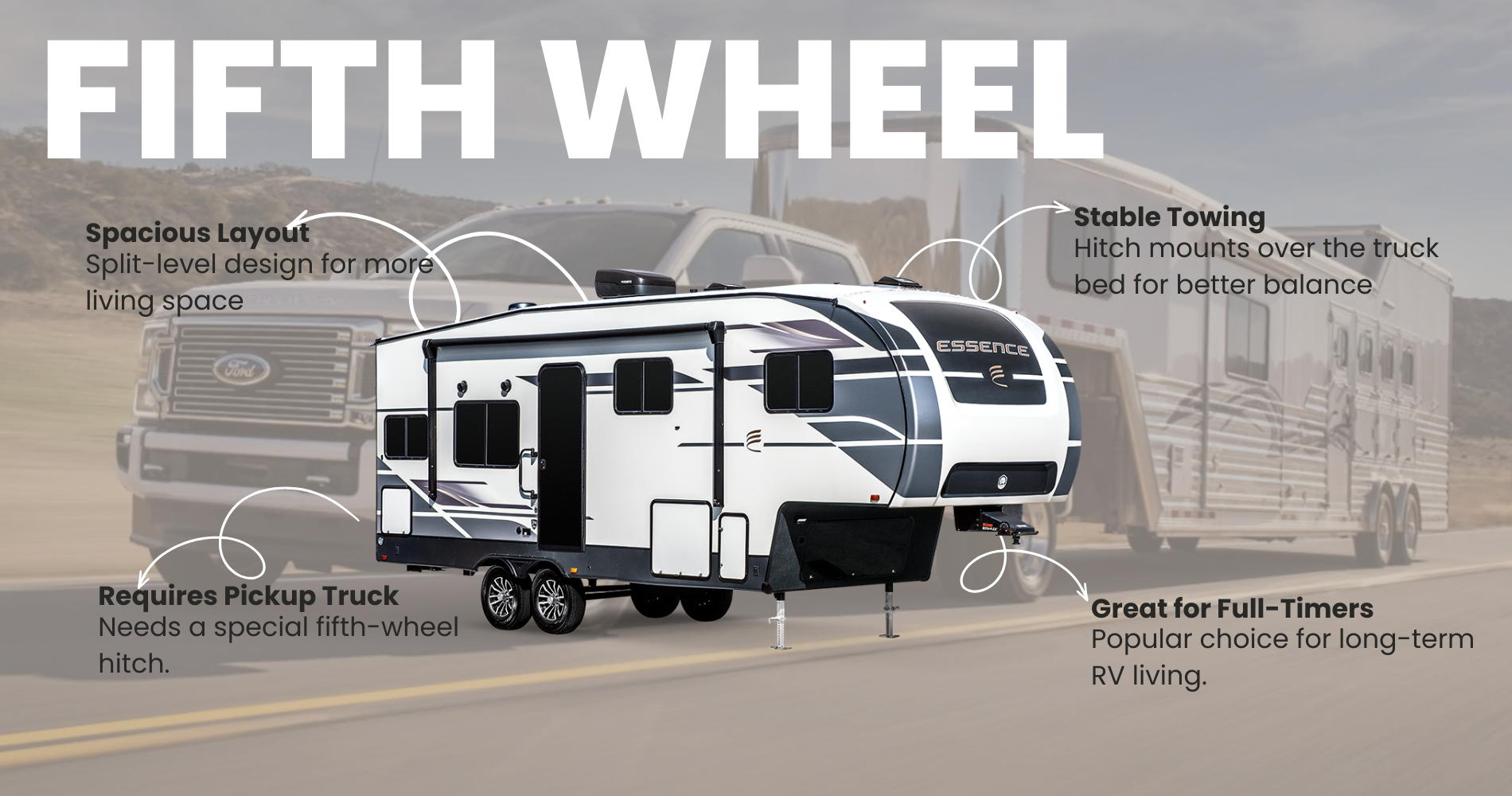
Navigating the Used RV Market and Consignment in the Pacific Northwest
For families looking to embark on RV adventures in the Pacific Northwest, exploring the used RV market can be a cost-effective and rewarding option. Puyallup RV of Vancouver serves as a valuable local partner in this endeavor.
Puyallup RV of Vancouver: A Local Partner for Family Adventures
Puyallup RV of Vancouver offers a diverse inventory of used RVs, including Class A, Class B, and Class C motorhomes, as well as travel trailers, fifth wheels, and toy haulers. As a small, family-owned business, they prioritize honesty and integrity in their services, aiming to build long-term relationships with their customers and the local community. Their company motto, "Great Family Memories Start Here," reflects their commitment to helping families find the perfect RV to create unforgettable experiences. In addition to selling used RVs, Puyallup RV also offers consignment options for individuals looking to sell their current RV, providing a convenient and hassle-free way to connect with potential buyers. The family-owned nature of Puyallup RV can be particularly appealing to families seeking a more personalized and trustworthy experience when purchasing or selling an RV. Their emphasis on understanding each customer's unique needs and goals ensures that families are guided toward the RV that best fits their lifestyle and travel aspirations.
The Popularity and Trends of Used RVs and Consignments in the PNW
RV ownership has seen a significant increase in popularity, with a large number of owners being families who appreciate the flexibility and convenience that RV travel offers. For many, purchasing a used RV presents a more affordable entry point into the RV lifestyle, allowing them to experience the joys of road travel without the higher cost associated with new models. The used RV market offers a wide variety of choices, spanning different years, makes, and models, allowing buyers to find a rig that meets their specific needs and budget. While the used RV market can be quite active, it can also be saturated, making it essential for buyers to conduct thorough research and inspections before making a purchase. After a period of high demand, the market is currently seeing a normalization of prices. For those looking to sell their RV, consignment has become a popular and convenient option. By consigning their RV with a reputable dealership like Puyallup RV, sellers can leverage the dealership’s extensive marketing reach, expertise in the RV market, and ability to offer financing options to potential buyers, often resulting in a faster and more efficient sale. This hassle-free approach takes the burden of advertising, showing, and negotiating off the seller’s shoulders.
Why Families Fall in Love with the RV Lifestyle
RV travel is about more than just getting from one place to another—it's about the moments in between. It’s morning coffee with a view of the mountains, impromptu singalongs on the road, and the joy of watching your kids chase fireflies at dusk. Families fall in love with RVing because it brings them closer—not only to nature, but to each other.
Whether you're exploring hidden beaches along the Oregon coast or winding through the forests of Washington, an RV becomes your family's personal adventure hub. The flexibility to stop where you want, stay as long as you like, and bring the comforts of home along for the ride turns everyday weekends into lifelong memories.
No rigid schedules, no crowded hotel lobbies—just open roads, cozy nights, and stories that start with “Remember that time we…” The RV lifestyle is freedom, connection, and comfort all rolled into one unforgettable experience.
Top 10 Reasons to Consign Your RV with Puyallup RV of Vancouver
Consigning your RV with Puyallup RV of Vancouver offers a hassle-free, secure, and efficient way to sell your vehicle while maximizing your return. Here’s why choosing Puyallup RV is the smart choice for RV owners:
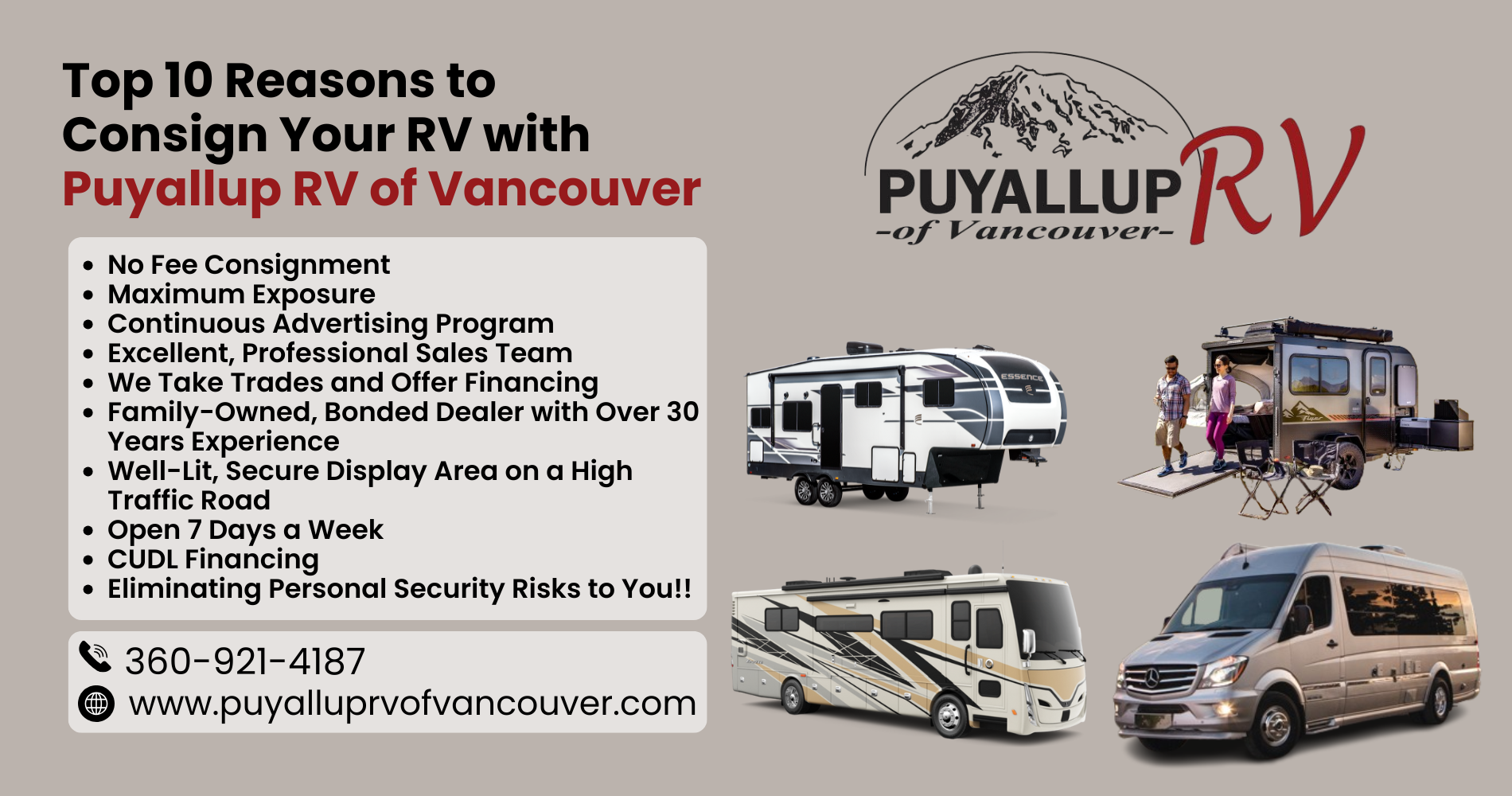
1. No Fee Consignment
With Puyallup RV, you won’t have to worry about upfront costs or hidden fees. Unlike many consignment services that charge listing fees or take a commission from your sale, Puyallup RV’s no-fee consignment means you keep more of the sale price. This cost-saving benefit allows you to maximize your profit without sacrificing professional service.
2. Maximum Exposure
Your RV will be seen by a wide audience of potential buyers. Puyallup RV utilizes multiple marketing channels, including their high-traffic website, social media platforms, and local advertising, to ensure your RV gets the attention it deserves. This broad reach increases the likelihood of a quick sale at the best possible price.
3. Continuous Advertising Program
Puyallup RV doesn’t just list your RV and wait—it actively promotes it until it sells. Through a continuous advertising program, they regularly update listings and employ ongoing marketing strategies to keep your RV visible to potential buyers. This proactive approach ensures your RV stays top-of-mind for those in the market.
4. Excellent, Professional Sales Team
Selling an RV can be complex, but Puyallup RV’s experienced sales team handles it all for you. Their professionals are skilled in RV sales, negotiations, and paperwork, ensuring a smooth and efficient process. You can trust their expertise to represent your RV effectively and close the deal with minimal stress on your end.
5. We Take Trades and Offer Financing
Puyallup RV makes it easier for buyers to purchase your RV by accepting trade-ins and offering financing options. This flexibility appeals to a wider range of buyers, including those who need to trade in their current RV or secure a loan. By removing barriers to purchase, your RV is more likely to sell quickly and at a competitive price.
6. Family-Owned, Bonded Dealer with Over 30 Years Experience
As a family-owned business with over three decades in the RV industry, Puyallup RV has built a reputation for trust and integrity. Their deep knowledge of the RV market, combined with a commitment to ethical practices, ensures your consignment is handled with care and professionalism. You’re not just a number—you’re part of the Puyallup RV family.
7. Well-Lit, Secure Display Area on a High Traffic Road
Your RV will be showcased in a prime location: a well-lit, secure display area on a busy road. This high-visibility spot not only keeps your RV safe but also ensures it’s seen by a steady stream of potential buyers passing by. The more eyes on your RV, the better your chances of a fast and profitable sale.
8. Open 7 Days a Week
Convenience is key. Puyallup RV is open every day of the week, making it easy for you to drop off or pick up your RV and for buyers to view it at their convenience. This flexibility means more opportunities for showings and a faster selling process.
9. CUDL Financing
Puyallup RV partners with CUDL (Credit Union Direct Lending) to offer buyers competitive financing options through local credit unions. This makes your RV more accessible to buyers who need financing, potentially expanding your pool of interested buyers and speeding up the sale.
10. Eliminating Personal Security Risks to You!!
Selling your RV privately can expose you to security risks, such as strangers visiting your home or dealing with potential scams. By consigning with Puyallup RV, you eliminate these concerns. Their team handles all buyer interactions, showings, and negotiations in a secure, professional environment, keeping you and your family safe.
____________________________________________________________________________
For more information on how to consign your RV with Puyallup RV of Vancouver, call 360-573-9000 or visit https://www.puyalluprvofvancouver.com/
Exploring the Pacific Northwest: Family-Friendly Destinations for RV Travel and Glamping
The Pacific Northwest boasts a wealth of family-friendly destinations that are perfect for exploring in an RV or while enjoying a glamping getaway.
- Seattle, WA: Families can enjoy iconic landmarks such as Pike Place Market, the Seattle Center with the Space Needle and Pacific Science Center, and the natural beauty of nearby Mount Rainier and Whidbey Island.
- Portland, OR: Popular attractions include the historic Oaks Amusement Park, the Oregon Zoo, the stunning International Rose Test Garden, and the breathtaking Columbia River Gorge with its iconic Multnomah Falls.
- Tacoma, WA: Families can visit the Point Defiance Zoo & Aquarium, the interactive Children’s Museum of Tacoma, and the expansive Northwest Trek Wildlife Park.
- Beaverton, OR: Along with the classic rides at Oaks Amusement Park, families can explore the natural trails and exhibits at the Tualatin Hills Nature Park.
- Salem, OR: The state capital offers family fun at the Gilbert House Children’s Museum, the scenic beauty of Silver Falls State Park with its numerous waterfalls, and the historical significance of the Oregon State Capitol building.
- The Dalles, OR: This region provides access to the fascinating Columbia Gorge Discovery Center, the impressive The Dalles Lock & Dam, and a wide array of outdoor recreational activities in the Columbia River Gorge and the Mount Hood National Forest.
- Longview, WA: Families with younger children will appreciate the Longview World of Wonders children’s museum, while nature enthusiasts can explore the picturesque Lake O’ The Pines and the tranquil Longview Arboretum and Nature Center.
- Eugene, OR: This vibrant city offers educational opportunities at the Eugene Science Center and the Museum of Natural and Cultural History. Outdoor adventures await at Skinner Butte Park and the Cascades Raptor Center.
- Leavenworth, WA: A charming Bavarian-style village with outdoor activities like hiking, fishing, and skiing, as well as family-friendly events and festivals.
- Spokane, WA: A vibrant city with numerous parks, museums, and attractions, including the Northwest Museum of Arts and Culture and the Mobius Children’s Museum.
- Bend, OR: A popular destination for outdoor enthusiasts, with opportunities for hiking, biking, and water sports, as well as family-friendly attractions like the High Desert Museum.
- Tri-Cities, WA: A region with a rich history and plenty of outdoor activities, including the Sacajawea State Park and the Columbia River.
- Seaside, OR: A classic beach town with a promenade, aquarium, and plenty of opportunities for beachcombing and kite flying.
- Lake Chelan, WA: A beautiful lake surrounded by mountains, with opportunities for boating, fishing, and hiking, as well as family-friendly resorts and campgrounds.
Conclusion: Making Family Memories That Last a Lifetime
RV travel and glamping provide exceptional avenues for families to discover the breathtaking beauty and exciting adventures that the Pacific Northwest has to offer, all while enjoying a level of comfort and convenience that surpasses traditional tent camping. The opportunity to create cherished family traditions during these journeys further enhances the experience, forging lasting bonds and memories. For families in the Pacific Northwest looking to embark on their own RV adventures, exploring the used RV market through a trusted local partner like Puyallup RV of Vancouver offers a fantastic starting point. With their commitment to helping families create "Great Family Memories," Puyallup RV provides a wide selection of pre-owned RVs and convenient consignment services, making the dream of family road trips a reality.
____________________________________________________________________________
For more information on how to consign your RV with Puyallup RV of Vancouver, call 360-573-9000 or visit https://www.puyalluprvofvancouver.com/
Table 1: Comparative Overview of RV Classes for Families
| RV Class |
Typical Size Range (Length in feet) |
Sleeping Capacity (Number of people) |
Key Amenities |
Primary Advantages for Families |
Typical Uses for Families |
| Class A |
26 - 45 |
6+ |
Full Kitchen, Full Bathroom (often separate shower), Spacious Living Areas, Ample Storage, Often Multiple Slide-outs |
Maximum Space, Residential Comfort, High Storage Capacity |
Long Trips, Full-Time Living, Traveling with Large Groups |
| Class B |
18 - 24 |
2-4 |
Compact Kitchenette, Small Bathroom (often wet bath), Convertible Sleeping Area, Limited Storage |
Easy to Drive & Park, Better Fuel Economy, Access to More Locations |
Weekend Getaways, Adventure Travel, Exploring Remote Areas |
| Class C |
20 - 32 |
4-8 |
Full Kitchen, Full Bathroom, Multiple Sleeping Areas (including over-cab bunk), Often Slide-outs, Ample Storage |
Balance of Space & Maneuverability, Familiar Driving, More Affordable than Class A |
Short Trips, Extended Vacations, Families of Various Sizes |
FAQs
What is an RV?
An RV (Recreational Vehicle) is a motorized or towable vehicle designed for camping and long-term travel, offering living space, kitchen facilities, and bathrooms.
What are the different types of RVs?
RVs are generally classified into motorized and towable vehicles:
Class A Motorhomes: Large, luxurious, and ideal for families or full-time RV living.
Class B Motorhomes: Compact, van-like designs perfect for couples or solo travelers.
Class C Motorhomes: Mid-sized RVs with an over-cab sleeping area, great for families.
Class B+ Motorhomes: A hybrid between Class B and Class C, offering more space but staying compact.
Travel Trailers: Towable RVs that offer flexibility and various sizes.
Fifth Wheel Trailers: Larger, more spacious towable RVs requiring a pickup truck with a fifth-wheel hitch.
What are the advantages of RV travel?
RVs provide comfort and convenience while traveling, offering shelter, cooking facilities, and bathrooms. They’re ideal for exploring remote areas, enjoying nature, and creating lasting family memories.
Can you live in an RV full-time?
Yes, many people choose full-time RV living, especially with the spacious Class A motorhomes or large fifth wheels. The key is to have reliable utilities, access to internet, and regular maintenance for the RV.
What are the features of a Class A motorhome?
Class A motorhomes are spacious, luxurious, and ideal for long trips or full-time living. They include full-sized kitchens, large bathrooms, sleeping areas, and extensive storage, with options for high-end finishes like hardwood floors, marble countertops, and even washers/dryers.
Are Class A motorhomes difficult to drive?
Yes, due to their size and weight, driving a Class A can be challenging, especially in urban areas or on narrow roads.
What is a Class B motorhome?
Class B motorhomes are compact, van-like vehicles that provide basic amenities like a small kitchenette, bathroom, and convertible sleeping arrangements. They are perfect for solo travelers or couples who prioritize agility and maneuverability.
Can I use a Class B motorhome as a daily driver?
Yes, many Class B RVs are compact enough to serve as a regular vehicle for daily use, making them ideal for those new to RVing.
What are the benefits of a Class C motorhome?
Class C motorhomes are mid-sized and family-friendly, offering a good balance between space and maneuverability. They often include an over-cab sleeping area, making them suitable for families with children.
Are Class C motorhomes easier to drive than Class A motorhomes?
Yes, Class C RVs are easier to drive and maneuver than larger Class A models, making them a good option for new RVers.
What is the difference between a travel trailer and a fifth wheel?
Travel trailers are versatile and can be towed by various vehicles. Fifth wheels are larger, more spacious, and require a pickup truck with a special fifth-wheel hitch. Fifth wheels tend to offer more stability and space.
Do I need a special vehicle to tow a fifth wheel?
Yes, a fifth wheel requires a pickup truck with a fifth-wheel hitch and sufficient towing capacity.
How do I inspect a used RV before purchasing?
Check for water damage, mold, and roof condition. Enfsure that appliances, plumbing, electrical systems, and slide-outs work properly. Inspect tires and the overall structural integrity. Request maintenance records to assess the RV’s history.
Should I consider consignment services when selling my RV?
Consignment services can save you time and effort in selling your RV. Dealerships handle marketing, showings, negotiations, and paperwork, and often have the reach to sell your RV faster.
What are some top RV-friendly locations in the Pacific Northwest?
Washington: Salmon La Sac, Twin Lakes, and Olympic National Park.
Oregon: Fort Stevens State Park and the coastal Willamette Valley.
Is RV camping better than tent camping in the Pacific Northwest?
Yes, RV camping offers protection from the unpredictable weather, comfort, and amenities like private bathrooms, climate control, and easier setup compared to traditional tent camping.
